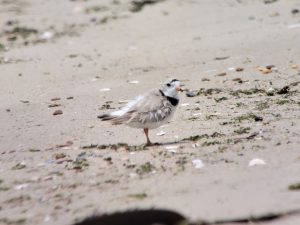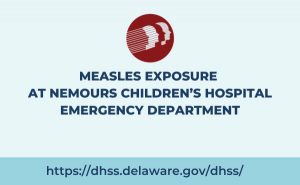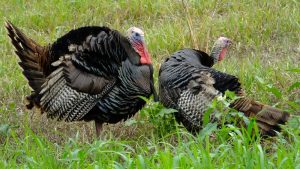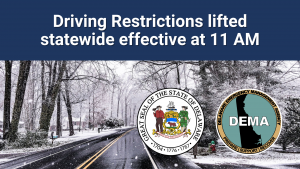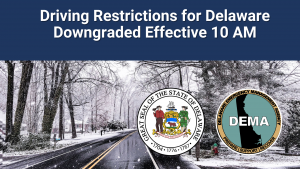
Update on Delaware H5 Avian Influenza Case on Kent County Farm;
Precautions for backyard flock owners
DOVER, Del. (January 5, 2025)—The U.S. Department of Agriculture’s National Veterinary Services Laboratory (NVSL) has returned results from the Kent County, Del. poultry farm that was announced presumptive positive for H5 avian influenza on January 3, 2025. The poultry affected had highly pathogenic H5 avian influenza (HPAI) of the Eurasian lineage 2.3.4.4b with early indications that the virus is the D1.1 genotype found in wild birds; however, confirmation of the genotype is determined by sequencing. There is currently no timeline for the receipt of this data by the Delaware Department of Agriculture.
All poultry farms in the state should be monitoring flocks for any signs of increased mortality. Producers should pay particular attention to whether birds show signs of respiratory illness or distress, such as sneezing, gasping for air, coughing, and/or runny nose. Other signs of HPAI in poultry can include swelling around the eyes, neck, and head; purple discoloration of the wattles, combs, and legs; tremors, drooping wings, circling, twisting of the head and neck, or any combination; watery, green diarrhea; lack of energy, poor appetite; and a drop in egg production, or soft or thin-shelled, misshapen eggs.
Commercial poultry producers should follow the protocol of notifying the company they grow for when they see any signs of HPAI.
Backyard flock owners who notice any of the signs of HPAI or experience increased mortality in their flock should email the Delaware Poultry Health Hotline at poultry.health@delaware.gov or call 302-698-4507 and provide your contact information, flock size, location, and concerns. Backyard flock owners will be contacted if a sample needs to be taken. Do not take dead or sick birds to a lab to be tested or move them off-site.
Backyard flock owners should keep their flock from commingling with wild birds and keep them under cover to protect them from coming into contact with infected wild bird droppings. The H5N1 virus has infected a small number of people across the U.S., and there has been no documented transmission between people in the U.S. to date. While continuing testing of people in close contact with animals infected with HPAI indicates a low risk to the general public’s health, backyard flock owners should keep birds in outdoor coops and not bring birds that have been living outside into the home. Children and pets should be kept away from wild birds and bird droppings.
When adding birds to your flock, make sure to purchase them from a reputable source. The baby chicks purchased at local farm stores come from NPIP-certified flocks tested and shown to be free from avian influenza. When they are between two days and two weeks old, these chicks will typically leave the store with their new owner, so they are considered low-risk for having the disease. However, once they are about three weeks old, they are more susceptible to contracting the virus from their new environment. Make sure to keep new birds or returning show birds separated from the established home flocks for 30 days.
The Delaware Department of Agriculture requires the registration of all locations where live poultry is kept, which allows timely information on disease incidents to be sent to all poultry producers. Registration forms are available online at https://de.gov/poultry.
Delawareans are reminded not to touch or handle injured, sick, or dead birds and to use the DNREC Division of Fish and Wildlife’s Sick and Dead Wildlife Reporting Form should they encounter dead or sick birds. Wild birds should not be reported to the Delaware Poultry Health Hotline, as that reporting hotline is reserved for backyard flocks and farms with poultry.
###
MEDIA NOTE:
All media inquiries should be directed to the Delaware Avian Influenza Joint Information Center at JIC@delaware.gov.
Due to biosecurity concerns, no on-site interviews, photos, or videos are allowed. For more information on avian influenza, visit https://de.gov/poultry.





